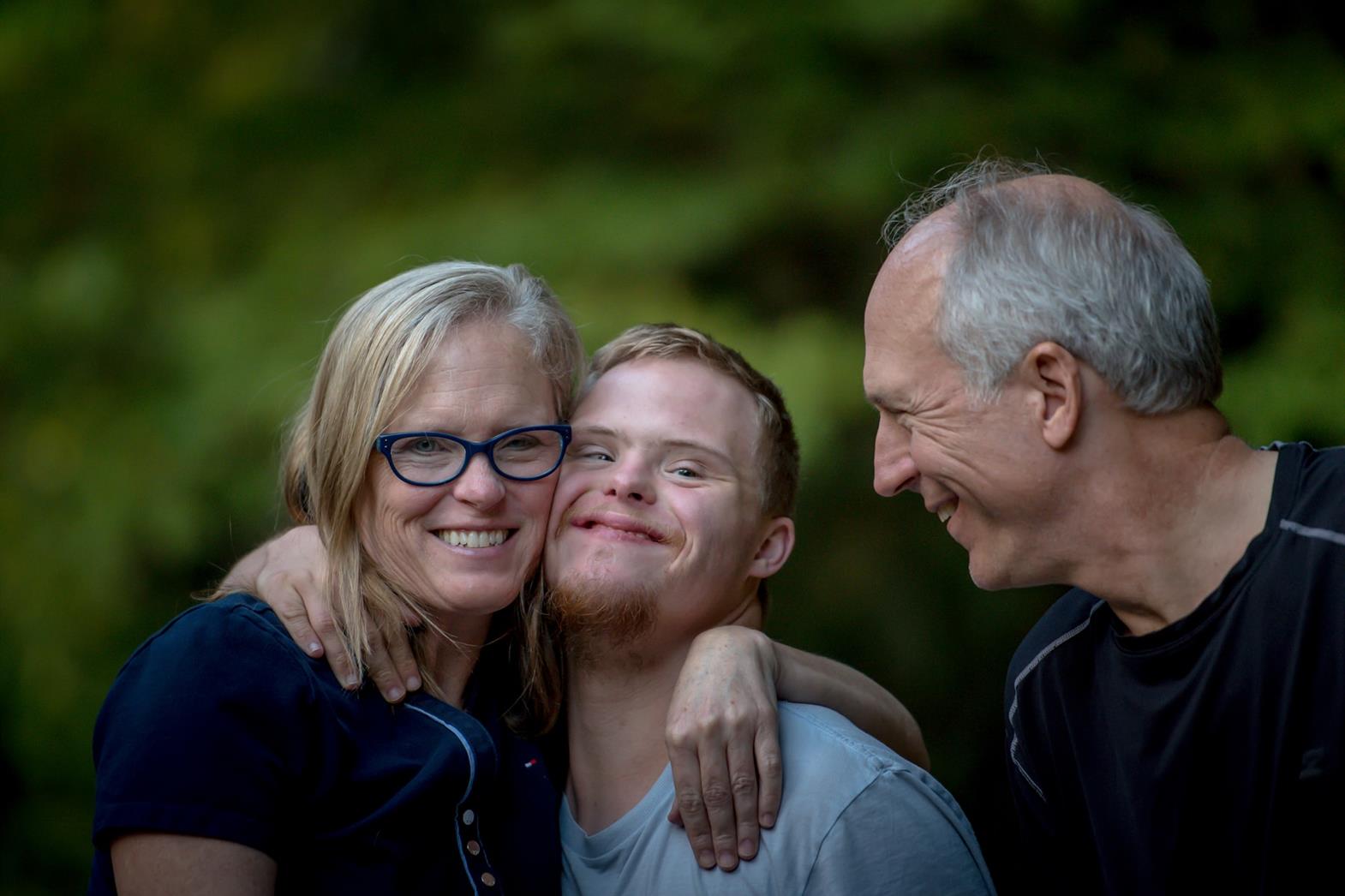What you need to know?
Raising a child with ASD can be very challenging for families. In certain cases, children are hospitalized because of their difficult behaviors and the related stress on their families. Community-based services that provide relief to families, such as respite care, may help reduce stress on families, and in turn, reduce hospitalization rates for children with ASD.
What is the research about?
Children with Autism Spectrum Disorder (ASD) are much more likely than children with other psychiatric and developmental disabilities to be hospitalized for psychiatric reasons. Sometimes children with ASD need to be hospitalized, but other times it happens when families are in crisis and there is nowhere else for the child to go. Children with ASD can behave in challenging ways, which can be very difficult for their families. Many families find respite care and other community-based services to be helpful but these services are often unavailable and/or are not covered by insurance providers. Past research has shown that increasing community-based services sometimes helps to decrease hospitalization rates for people with mental health problems like schizophrenia, depression or bipolar disorder, but no research has studied this relationship in children with ASD. The current study examined the relationship between respite-care and psychiatric hospitalizations in children with ASD.
What did the researchers do?
The researchers compared information about services used by 28,481 children with ASD enrolled in Medicaid services, who were between 5 and 21 years old, from across the United States. They looked at whether or not children were hospitalized for psychiatric reasons, had used community-based services that provided relief to family caregivers, such as respite or personal care aides, and therapy services related to ASD, including speech, occupational, and behavioral therapy over a one year period. The researchers also looked at children’s characteristics, such as age, sex, race/ethnicity, and information about the state where the child lived, like the number of available health care providers, to see how they were related to the services used.
What did the researchers find?
After taking into account child and state differences, the researchers found that the more respite and home/community aide services that a family used in the last 60 days, the less likely their child with ASD was to be hospitalized for psychiatric reasons. In other words, for every $1000 spent on respite services, there was a 9% decrease in the odds of hospitalization. However, the researchers did not find any relationship with overall autism-related therapeutic services and hospitalization rates. The authors suggest that the quality of evidence-based autism services may be more important than the overall quantity, which is what was reflected in the current study.
This study shows that community supports provided to help families, such as respite care, are related to a reduction in the use of more expensive, and potentially unnecessary, hospitalizations.
How can you use this research?
These results have important messages for policy makers and health care professionals. This study shows that community supports provided to help families, such as respite care, are related to a reduction in the use of more expensive, and potentially unnecessary, hospitalizations. The results also highlight that we need to examine how well community-based therapy services for children with ASD are working, including making sure that what is being provided is shown to be effective.
About the Researchers
Dr. David Mandell and his colleagues are researchers from the University of Pennsylvania.
Citation
Mandell, D. S., Xie, M., Morales, K. H., Lawer, L., McCarthy, M. & Marcus, S.C. (2012). The interplay of outpatient services and psychiatric hospitalization among Medicaid-enrolled children with autism spectrum disorders. Archives of Pediatrics & Adolescent Medicine, 166(1), 69-73.
This research summary was written by Ami Tint for the Chair in Autism Spectrum Disorders Treatment and Care Research. This research summary, along with other summaries, can be found at asdmentalhealth.ca/research-summaries.
Reproduced with the permission of Dr. Jonathan Weiss (York University). This research summary was developed with funding from the Chair in ASD Treatment and Care Research. The Chair was funded by the Canadian Institutes of Health Research in partnership with Autism Speaks Canada, the Canadian Autism Spectrum Disorders Alliance, Health Canada, Kids Brain Health Network (formerly NeuroDevNet) and the Sinneave Family Foundation. This information appeared originally in the Autism Mental Health Blog (https://asdmentalhealth.blog.yorku.ca).
Photo by Nathan Anderson on Unsplash


